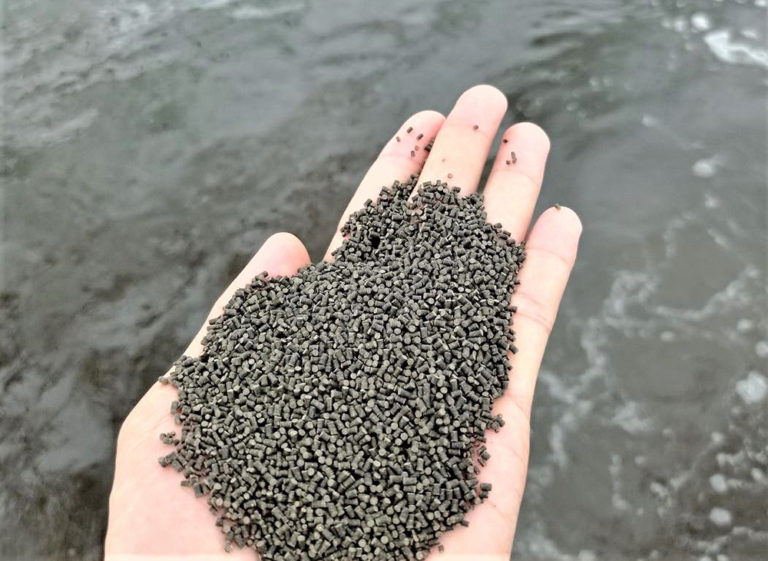
Aquafeeds
Macronutrient research in aquaculture nutrition
Proteins, lipids and carbohydrates require equal consideration for aquafeed formulators, as each macronutrient influences performance and feed conversion.
Aquafeeds
Las proteínas, los lípidos y los carbohidratos requieren la misma consideración para los formuladores de alimentos acuícolas, ya que cada macronutriente influye en el rendimiento y la conversión del alimento.

Aquafeeds
Proteins, lipids and carbohydrates require equal consideration for aquafeed formulators, as each macronutrient influences performance and feed conversion.
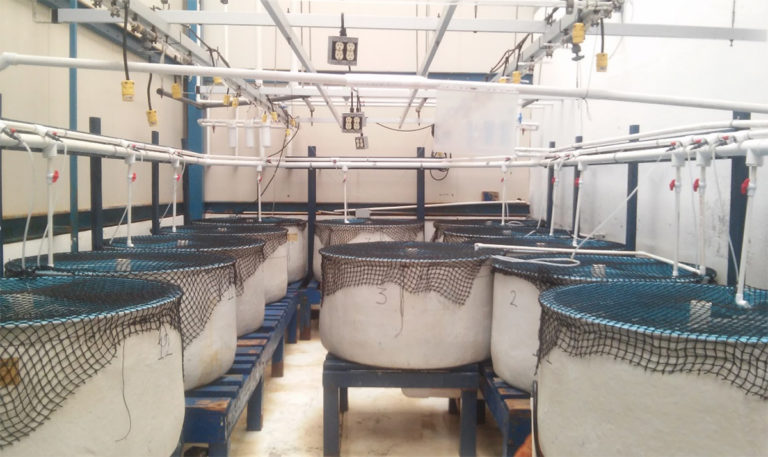
Health & Welfare
This study investigated the effects of increasing levels of dietary soybean meal (SBM) with constant taurine supply in the induction of enteritis in juvenile totoaba.
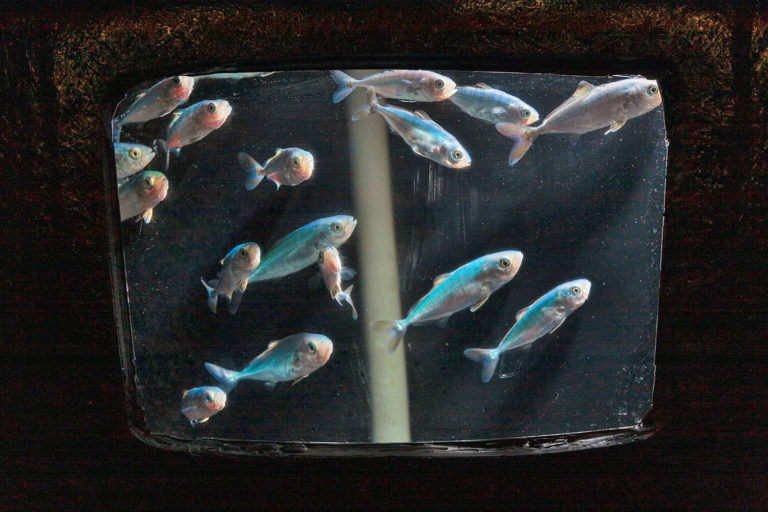
Health & Welfare
This study compared production performance and tissue fatty acid composition of California Yellowtail fed diets containing various saturated lipids.
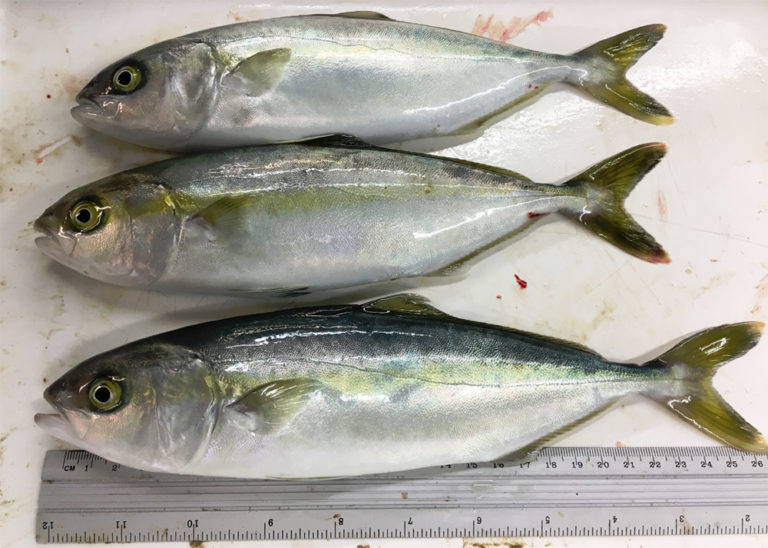
Health & Welfare
This study shows that soybean oil can totally replace fish oil in California yellowtail aquafeeds without affecting production performance and reducing the omega-3 fatty acid profile of fish tissues, as long as acceptable levels of ARA and DHA are provided.

Health & Welfare
The quality flesh and striking coloration of Atlantic spadefish suggest potential in both seafood and ornamental markets. To identify appropriate feeding rates and frequencies, the authors evaluated juvenile spadefish fed daily at varying regimens.
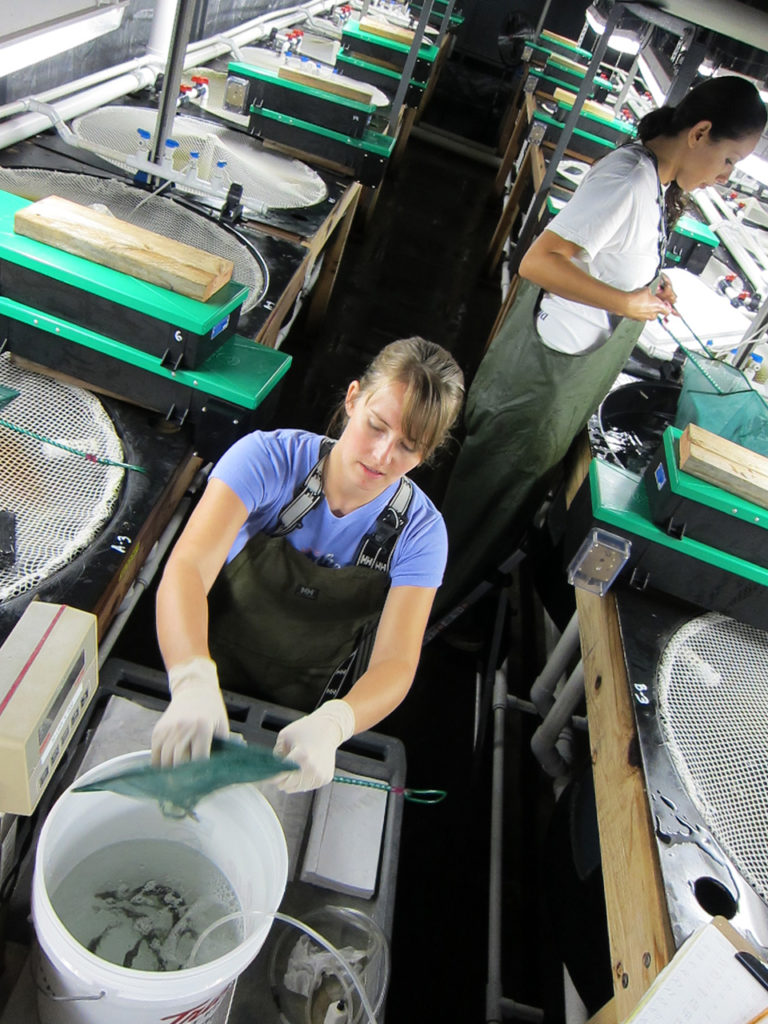
Health & Welfare
Fishmeal sparing in aquafeed is often limited by the presence of anti-nutritional factors found in plant-derived feedstuffs. Fermentation may be a cost-effective means of addressing such factors and improving utilization of plant ingredients in feed.
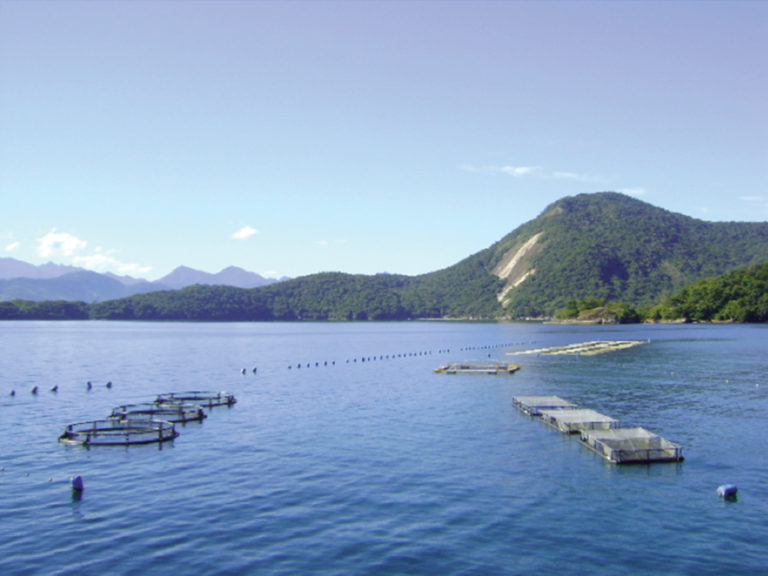
Responsibility
A partnership among the private, academic and government sectors is advancing the development of mariculture in Rio de Janeiro, Brazil. Ongoing projects include a marine fish hatchery, demonstration unit and experimental integrated multi-trophic aquaculture system.